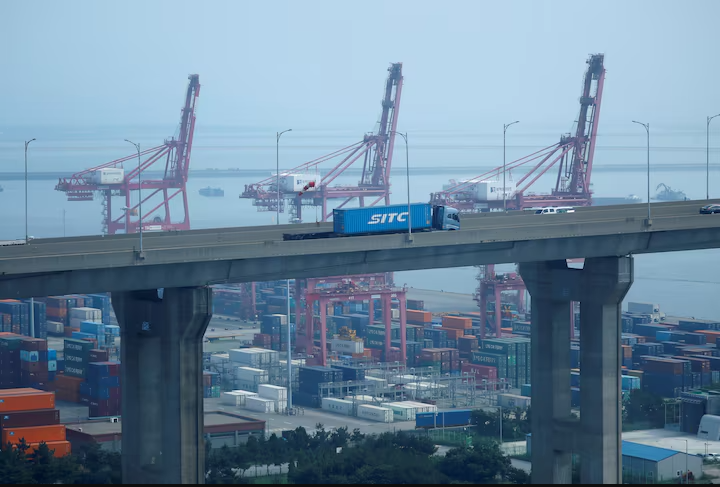In anticipation of new tariffs imposed by the U.S. under President Donald Trump’s administration, South Korea is launching a special investigation into potential violations of its free trade agreement (FTA) with the United States. The Korea Customs Service (KCS) announced on Tuesday that it would scrutinize exported products for false country-of-origin markings.
As one of only three Asia-Pacific nations with a free trade agreement with the U.S., South Korea benefits from reduced tariffs on goods traded between the two nations. However, concerns have risen that some businesses might be falsely labeling foreign products as “Made in Korea” to exploit tariff advantages.
South Korea Moves to Protect Trade Integrity
The KCS stated that companies found guilty of deliberately mislabeling products would face strict penalties. The agency emphasized that this move aims to safeguard domestic industries and ensure the credibility of South Korean exports.
“We are taking preemptive action to protect domestic businesses, as we anticipate that U.S. trade verifications may become stricter after the implementation of higher tariffs,” a KCS spokesperson explained.
The investigation will particularly focus on high-risk products, such as those already subject to U.S. anti-dumping measures or closely monitored by U.S. customs authorities.
Trump’s New Trade Policies Put Pressure on Global Markets
The Trump administration recently announced plans to impose reciprocal tariffs on major trading partners, set to take effect by April 2. This move follows already steep tariffs on Chinese imports and new trade restrictions targeting Canada and Mexico for non-compliance with their trade agreements.
South Korea, an important trade ally of the U.S., now faces mounting pressure to ensure that its exports fully comply with trade regulations. If Korean manufacturers or exporters are found violating country-of-origin laws, they could face heavy penalties from both South Korean and U.S. authorities.
What’s at Stake for South Korean Exporters?

If the U.S. tightens its trade policies further, South Korean exporters may struggle with increased scrutiny, higher compliance costs, and potential delays at U.S. customs. The government’s swift action is aimed at preventing potential trade disputes and maintaining strong economic relations with Washington.
While the investigation is expected to uncover any fraudulent trade practices, it also signals to international partners that South Korea is committed to transparent trade practices and fair competition.
With less than a week before the new U.S. tariffs take effect, South Korean businesses and government agencies are racing against time to ensure compliance and avoid economic fallout.



